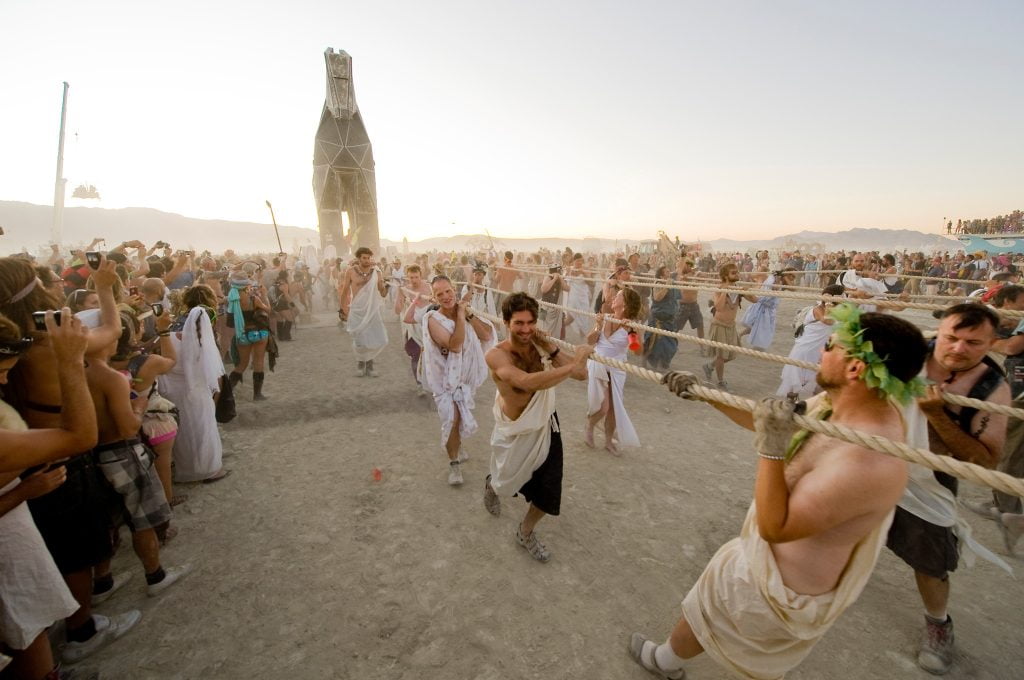Each year, as the end of the year approaches, communities around the world gear up to celebrate the festival of lights with great zeal and enthusiasm. But what is the Festival of Lights, and why is it such a significant event in various cultures? This captivating celebration is not just about luminous displays and colorful decorations; it holds a deeper cultural and spiritual significance that brings people together in joy and unity. In this blog, we will delve into the origins, traditions, and importance of the Festival of lights, shedding light on why millions of individuals globally look forward to this magical time of the year.
Looking to miss the weekend crowd, but looking to enjoy food vendors, lights, and shopping? Monday’s are perfect! For info, visit us at https://t.co/TsKL26Jzc4 #RiversideFOL #ILoveRiverside pic.twitter.com/nBbSm5AiVu
— Festival Of Lights (@folriverside) December 12, 2022
Introduction to the Festival of Lights
The Festival of Lights, also known as Diwali, is one of the most significant and widely celebrated festivals in India and across the world. It symbolizes the victory of light over darkness, good over evil, and knowledge over ignorance. The festival usually lasts for five days, with each day holding its importance and rituals. People decorate their homes with colorful rangoli, light clay lamps called diyas, and burst fireworks to celebrate this auspicious occasion.

Traditions and Customs
During Diwali, families come together to perform traditional prayers, exchange gifts, and share festive meals. It is a time when people clean their homes and create beautiful rangoli designs at the entrance to welcome Goddess Lakshmi, the deity of wealth and prosperity. The lighting of diyas and candles is believed to ward off evil spirits and bring blessings into the home.
- Rituals: Lighting oil lamps, offering prayers, and giving gifts
- Celebrations: Fireworks, sharing sweets, and wearing new clothes
Significance of Diwali
Diwali signifies the spiritual “victory of light over darkness” and “good over evil.” It marks the return of Lord Rama, his wife Sita, and his brother Lakshmana to Ayodhya after 14 years of exile. The day is also celebrated in honor of the goddess Lakshmi, the Hindu goddess of wealth and prosperity.
The festival also holds cultural significance as it is celebrated by people of various faiths and backgrounds, fostering a sense of unity and harmony within communities.
Historical Significance and Origins
The Festival of Lights holds great historical significance and has roots that date back centuries. It is a celebration that symbolizes the victory of light over darkness and good over evil. This festival is celebrated by various cultures and religions around the world, each with its unique customs and traditions.
Origin in Hindu Culture
In Hindu culture, the Festival of Lights, known as Diwali, is one of the most significant festivals. It marks the return of Lord Rama to Ayodhya after 14 years of exile and his victory over the demon king Ravana. People light oil lamps, decorate their homes, exchange gifts, and enjoy festive meals during this time.
Spread to Other Cultures
Over time, the celebration of the Festival of Lights has transcended its origins and spread to other cultures and religions. In Sikhism, Diwali holds historical importance as it commemorates the release of Guru Hargobind Ji from imprisonment. In Jainism, it marks the spiritual awakening of Lord Mahavira.
Celebrations and Traditions
During the annual celebration of the Festival of Lights, communities around the world come together to commemorate the triumph of light over darkness.
Lighting of Lamps and Decorations
One of the key traditions of the Festival of Lights is the lighting of lamps and candles in homes and public spaces, symbolizing the victory of good over evil.
People also adorn their homes with colorful rangoli patterns and decorative lights, creating a vibrant and festive atmosphere.
Exchange of Sweets and Gifts
Another significant aspect of the celebration is the exchange of sweets and gifts among family members, friends, and neighbors.
This act of sharing reinforces the spirit of unity and togetherness during this auspicious time.
Spiritual and Cultural Importance
The Festival of Lights holds tremendous spiritual and cultural importance across various communities. It signifies the triumph of light over darkness and good over evil.
Sacred Rituals
During this auspicious time, families come together to light traditional lamps called diyas to illuminate their homes and herald in positivity. The light represents the inner spiritual light that protects us from spiritual darkness.
Celebratory Customs
Another essential aspect is the exchange of gifts and sweets, symbolizing unity and love among people. Additionally, festive decorations and rangoli artwork beautify homes, enhancing the festive spirit.
Similar Festivals around the World
As we delve into the essence of what is the festival of lights, it’s intriguing to explore similar celebrations around the globe that illuminate the spirit of unity and joy. Various festivals share the theme of light dispelling darkness and symbolizing hope and renewal.
Diwali in India
Diwali, known as the Festival of Lights, is a significant celebration in India that symbolizes the victory of light over darkness and good over evil. It is marked with vibrant decorations, fireworks, and the lighting of diyas (oil lamps) to illuminate homes and streets.
Hanukkah in Israel
Hanukkah, also called the Festival of Lights, is a Jewish festival commemorating the rededication of the Second Temple in Jerusalem. It is celebrated with the lighting of the menorah, a special nine-branched candelabrum, over eight nights, symbolizing the miracle of a one-day supply of oil lasting for eight days.
Image Source: Unsplash
Frequently Asked Questions
- What is the Festival of Lights?
- The Festival of Lights is a cultural celebration that involves the display of lights, symbolizing the victory of light over darkness and good over evil.
- When is the Festival of Lights celebrated?
- The Festival of Lights is celebrated on different dates depending on the cultural or religious tradition. For example, Diwali, a significant Festival of Lights in Hinduism, is usually celebrated in October or November.
- What are some common traditions associated with the Festival of Lights?
- Common traditions associated with the Festival of Lights include lighting lamps or candles, decorating homes with lights, exchanging gifts, preparing special meals, and setting off fireworks.
- How is the Festival of Lights celebrated around the world?
- The Festival of Lights is celebrated in various countries and cultures around the world, each with its unique customs and traditions. For example, Diwali is widely celebrated in India, while Hanukkah is a Jewish Festival of Lights observed in many countries.
- What is the significance of the Festival of Lights?
- The Festival of Lights holds different significance across cultures but generally symbolizes the triumph of light over darkness, knowledge over ignorance, and good over evil. It is a time for reflection, gratitude, and spreading joy.
Unveiling the Brilliance of the Festival of Lights
As we conclude our exploration into the enchanting realm of the Festival of Lights, we unravel a tapestry of cultural significance and historical richness. This festival, celebrated across diverse cultures with unique traditions, symbolizes the triumph of light over darkness and the victory of good over evil.
From Diwali in India to Hanukkah in Jewish tradition, the festival unites communities in illuminating celebrations that spread joy and hope. The essence of togetherness, spiritual renewal, and the sharing of warmth with loved ones define the true essence of the Festival of Lights.
By delving into the heartwarming stories and customs embraced during this auspicious time, we glean insights into the universal themes of hope, renewal, and the enduring power of light in our lives.




